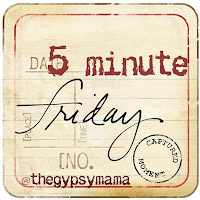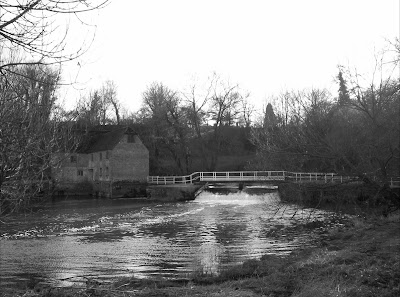A confession: when I was a freshman in college, in the first year seminar class (then called "Christianity, Character and Culture"), we were assigned
Gilead by Marilynne Robinson as our last major text of the year. This was the
one book in CCC I did
not read word for word, page after crisp page.
This was the one book I skimmed right before class.
I had never done that before. Even if it meant I stayed up late or got up early, I loved the work and I did the work and even when I didn't like it I always read it.
And I don't remember any reason I did not pour my heart into the pages of
Gilead, let its rich words wash me clean of too much philosophy and too much theory.
But I didn't. I walked into that class with the strange and uncomfortable attitude that, well, I was a pretty good student, and I could fake it well enough. I'd skimmed it, I had gotten the main part of the story and read what I thought were a few key passages.
But last night, I sat down and curled up tight in my blankets, because I had to read the book word for word, because the class I help teach is reading it for today, and I made the most beautiful discovery:
Gilead is the language of my heart.
She writes what I wish I could write, what I imagine in the fury of clicking computer keys, I might be able to write someday when I have lingered long in wisdom and spent time loving what seems ordinary and flames into miracle right before us. She writes awakeness into her pages, a gentle coaxing out of laziness, into the wonderful unrepeatability of the world. She writes about all the moments I realize now I should have watched for. She writes about all the fleeting silences and dazzling sparks, the moon rising over a prairie, light dancing with water.
She teaches me to put words to the
ache deep in my heart for England. Even when we do not want words, when we crave silence, thinking we are beyond words, beyond the ability to describe, craft images and analogies, beyond whatever words in their mess and beauty communicate. Perhaps we are not. Perhaps even our most tremulous moments are the moments for words. Perhaps our biggest feelings are the ones we
should write into being.
Some days I dream of being a writer, spending my lifetime cultivating a love for languages and the cadence of grammar. I dream of painting pictures like Marilynne Robinson, writing characters who breathe like John Steinbeck, a story that aches with reality. I dream of books who grow on their own, so that each time I go to write, the characters teach me what they are thinking, feeling, doing. That I would write to discover the ending. That I would write to make beauty. That, in writing, I would say all the heart says.
Hear my favorite passage so far (I'm only on page 115):
"I can't tell you, though, how I felt, walking along beside him that night, along that rutted road, through that empty world - what a sweet strength I felt, in him, and in myself, and all around us. I am glad I didn't understand, because I have rarely felt joy like that, and assurance. It was like one of those dreams where you're filled with some extravagant feeling you might never have in life, it doesn't matter what it is, even guilt or dread, and you learn from it what an amazing instrument you are, so to speak, what a power you have to experience beyond anything you might ever actually need. Who would have thought that the moon could dazzle and flame like that?" (pages 48 - 49)
To write like her is all my heart wants today. I don't know how life might have been different if I had read Gilead with watchful eyes and humble spirit my freshman year. I don't know how that whole conversation would be different if I had let her words, and his words (for the main character, John Ames, is as much my teacher as Marilynne), soften and clean and dazzle me. I don't know that the change would have been noticeable.
But perhaps it is a good thing, because today, as I listen close to my own heart celebrating the Paschal mystery, and as I realize how good it is to listen to other people's hearts -
today I am allowed to soften.
Today, as you listen to your own heart, what do you dream of? What dazzles and flames in your life? What do you ache to become?
Love, from my softening heart,
Hilary



















